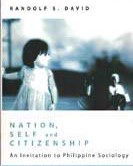Course Description
A sociological examination of persistent issues of nationhood, selfhood and citizenship in Philippine society.
Sociology 10 introduces students to the sociological perspective in understanding the historic struggles that shaped our quest for nationhood, the challenges that continue to confront Philippine society, and the many possible configurations of Filipino selves and identities.
The course revolves around three important themes: nationhood, selfhood, and citizenship. It draws from sociology and other related disciplines in discussing the various theories and concepts that would enable students to understand the complex and dynamic relationship of their personal biographies with Philippine social institutions, and the historic struggles around different social issues that continue to shape our quest for nationhood especially within a globalizing context.
Course Goals
The course aims to develop in students critical and reflexive ways of analyzing persistent issues of nationhood, selfhood and citizenship.
The intention of the course is to “cultivate in students a quality of mind that will constantly encourage them to look into, and critically reflect upon themselves, the quality of their lives and those of the broader society around them, and the ways in which they may help narrow the gap between collective ideals and current realities.” By introducing students to the concepts and various practices of personal autonomy and social responsibility it seeks to develop in students a vitality of spirit that will encourage them to imagine themselves not just as authors of their individual lives but also as agents of social change. This means encouraging students to practice critical, intelligent, and active citizenship as members of the Philippine nation.
Course Outcomes (CO)
Upon completing the course, students must be able to:
1) Differentiate various assumptions implied in different approaches that deal with selfhood, nationhood, and citizenship;
2) Assess the ways through which social forces inform and shape various facets of identities;
3) Analyze national issues in the context of various historical conditions that shape them;
4) Explain different aspects of active and autonomous citizenship; and
5) Demonstrate ways of creatively imagining and exercising active and autonomous citizenship.

- Teacher: Josephine Dionisio
